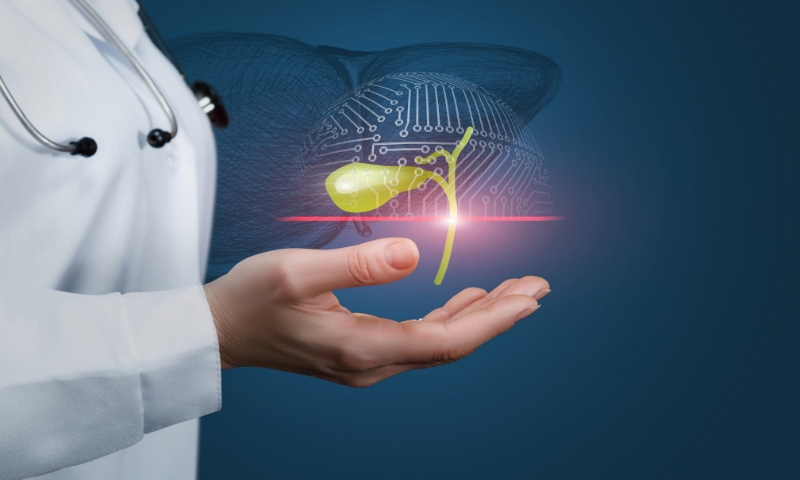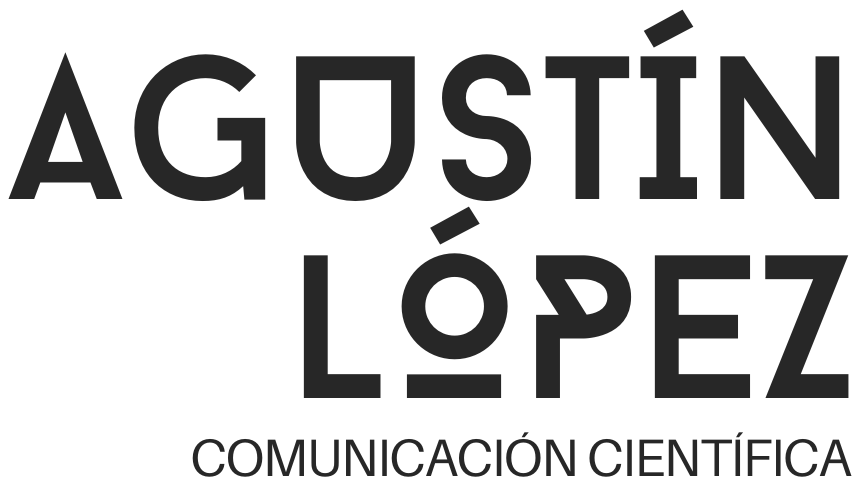Quibim: AI to revolutionize medical imaging diagnostics

Artificial Intelligence (AI) is transforming the healthcare sector, and Quibim is one of the companies leading this revolution. This spin-off of the La Fe Health Research Institute in Valencia has developed an innovative technology that turns medical images into advanced diagnostic and predictive tools.
From MRI scans to CT scans, Quibim’s AI algorithms enable data analysis with an unprecedented level of accuracy. Thanks to its QP-Insights platform, specialists can extract biomarkers and predictive models to improve diagnosis and treatment in areas such as oncology, neurology and immunology.
A step further in medical image analysis
Quibim not only analyzes medical images, but combines them with data from the electronic medical record to obtain more accurate patterns. This makes it possible to answer key questions such as:
✅ Why do some patients respond better to a treatment?
✅ What differences exist in the images of those who develop a disease versus those who do not?

This approach has made Quibim a key ally of hospitals and research centers around the world, collaborating with companies such as Merck, Siemens, Novartis and Johnson & Johnson. In addition, its technology is the basis for projects such as the European Federation of Cancer Imaging (EUCAIM), which seeks to standardize and unify medical imaging data in Europe.

AI solutions that are already saving lives
Quibim’s flagship products include:
🩺 QP-Prostate: Improves prostate cancer diagnosis with 10% more accuracy than expert radiologists.
🧠 QP-Brain: Detects neurological pathologies such as Alzheimer’s disease and multiple sclerosis with high reliability.
🩸 QP-Liver: Analyzes metabolic diseases such as obesity and fatty liver, optimizing their early detection.
These products have international certifications such as MDR (Europe), UKCA (UK) and FDA (USA), allowing them to operate in more than 170 hospitals worldwide.
A future based on medical prediction
Quibim’s next big challenge is the prediction of disease development. Its AI models are being tested to anticipate, for example, whether a cancer patient will develop metastases. The idea is that, in the future, medical imaging will be able to function as a predictive genetic panel, enabling doctors to make faster and more effective decisions.
📌 Find out more about this revolution in medical diagnostics in the original article by Agustín López. 👉 [Clica aquí para ver el artículo]
